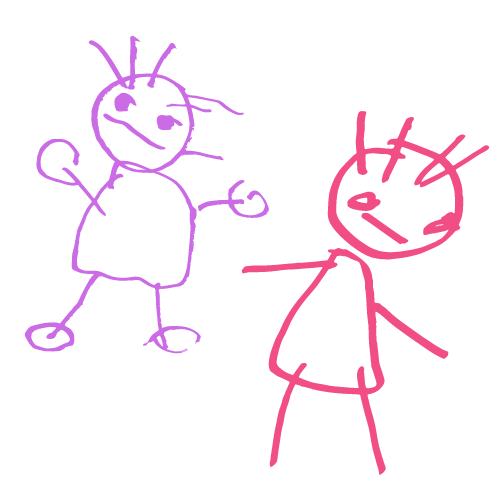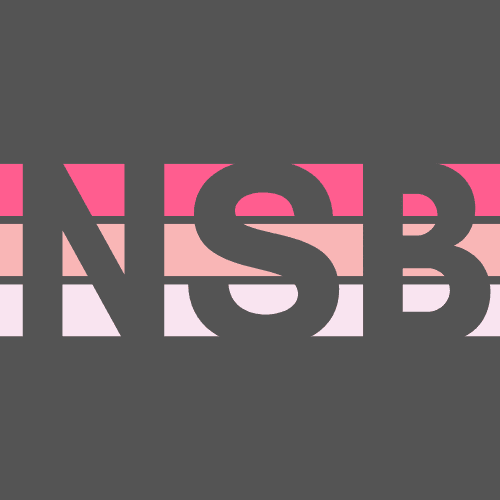Schema Therapy or schema focussed therapy is designed to address unmet needs and to help clients break these patterns of thinking, feeling and behaving and to develop healthier alternatives to replace them.
I haven’t personally tried this, but Schema-Focused Therapy has shown remarkable results in helping people to change patterns which they have lived with for a long time, even when other methods and efforts they have tried before have been unsuccessful.
Schemas or ‘negative life or core beliefs’ can lead to low self-esteem, lack of connection to others, problems expressing feelings and emotions and excessive worrying about basic safety issues leading to emotional dysregulation.
The beliefs can also create strong attraction to inappropriate partners and lead to dissatisfying careers.
Beginning with a series of assessments clients learn to recognise which schemas and problematic coping styles affect them the most, understand the origins and learn how to make lasting changes.
Schemas
- Emotional Deprivation: The belief and expectation that your primary needs will never be met. The sense that no one will nurture, care for, guide, protect or empathise with you.
- Abandonment: The belief and expectation that others will leave, that others are unreliable, that relationships are fragile, that loss is inevitable and that you will ultimately end up alone.
- Mistrust/Abuse: The belief that others are abusive, manipulative, selfish, or looking to hurt or use you and are not to be trusted.
- Defectiveness: The belief that you are flawed, damaged or unlovable and you will therefore be rejected.
- Social Isolation: The pervasive sense of aloneness, coupled with a feeling of alienation.
- Vulnerability: The sense that the world is a dangerous place, that disaster can happen at any time and that you will be overwhelmed by the challenges that lie ahead.
- Dependence/Incompetence: The belief that you are unable to make your own decisions, that your judgment is questionable, and that you need to rely on others to help get you through day-to-day responsibilities.
- Enmeshment/Undeveloped Self: The sense that you do not have an identity or “individuated self” that is separate from one or more significant others.
- Failure: The expectation that you will fail or the belief that you cannot perform well enough.
- Subjugation: The belief that you must submit to the control of others or else punishment or rejection will be forthcoming.
- Self-Sacrifice: The belief that you should voluntarily give up your own needs for the sake of others, usually to a point which is excessive.
- Approval-Seeking/Recognition-Seeking: The sense that approval, attention and recognition are far more important than genuine self-expression and being true to oneself.
- Emotional Inhibition: The belief that you must control your self-expression or others will reject or criticise you.
- Negativity/Pessimism: The pervasive belief that the negative aspects of life outweigh the positive, along with negative expectations for the future.
- Unrelenting Standards: The belief that you need to be the best, always striving for perfection or that you must avoid mistakes.
- Punitiveness: The belief that people should be harshly punished for their mistakes or shortcomings.
- Entitlement/Grandiosity: The sense that you are special or more important than others, and that you do not have to follow the rules like other people even though it may have a negative effect on others. Also can manifest in an exaggerated focus on superiority for the purpose of having power or control.
- Insufficient Self-Control/Self-Discipline: The sense that you cannot accomplish your goals, especially if the process contains boring, repetitive, or frustrating aspects. Also, that you cannot resist acting upon impulses that lead to detrimental results.
List of Modes

Child Modes
- Vulnerable Child: feels lonely, isolated, sad, misunderstood, unsupported, defective, deprived, overwhelmed, incompetent, doubts self, needy, helpless, hopeless, frightened, anxious, worried, victimised, worthless, unloved, unlovable, lost, directionless, fragile, weak, defeated, oppressed, powerless, left out, excluded, pessimistic.
- Angry Child: feels intensely angry, enraged, infuriated, frustrated, impatient because the core emotional (or physical) needs of the vulnerable child are not being met.
- Impulsive/Undisciplined Child: acts on non-core desires or impulses in a selfish or uncontrolled manner to get his or her own way and often has difficulty delaying short-term gratification; often feels intensely angry, enraged, infuriated, frustrated, impatient when these non-core desires or impulses cannot be met.
;may appear “spoiled”. - Happy Child: feels loved, contented, connected, satisfied, fulfilled, protected, accepted, praised, worthwhile, nurtured, guided, understood, validated, self-confident, competent, appropriately autonomous or self-reliant, safe, resilient, strong, in control, adaptable, included, optimistic, spontaneous
Maladaptive Coping Modes
- Compliant Surrenderer: acts in a passive, subservient, submissive, approval-seeking, or self-deprecating way around others out of fear of conflict or rejection; tolerates abuse and/or bad treatment; does not express healthy needs or desires to others; selects people or engages in other behaviour that directly maintains the self-defeating schema-driven pattern.
- Detached Protector: cuts off needs and feelings; detaches emotionally from people and rejects their help; feels withdrawn, spacey, distracted, disconnected, depersonalised, empty or bored; pursues distracting, self-soothing or self-stimulating activities in a compulsive way or to excess; may adopt a cynical, aloof or pessimistic stance to avoid investing in people or activities.
- Over compensator: feels and behaves in an inordinately grandiose, aggressive, dominant, competitive, arrogant, haughty, condescending, devaluing, over-controlled, controlling, rebellious, manipulative, exploitative, attention-seeking or status-seeking way. These feelings or behaviours must originally have developed to compensate for or gratify unmet core needs.
Maladaptive Parent Modes
- Punitive Parent: feels that oneself or others deserves punishment or blame and often acts on these feelings by being blaming, punishing, or abusive towards self (e.g., self-mutilation) or others. This mode refers to the style with which rules are enforced rather than the nature of the rules.
- Demanding Parent: feels that the “right” way to be is to be perfect or achieve at a very high level, to keep everything in order, to strive for high status, to be humble, to puts others’ needs before one’s own or to be efficient or avoid wasting time; or the person feels that it is wrong to express feelings or to act spontaneously. This mode refers to the nature of the internalised high standards and strict rules, rather than the style with which these rules are enforced
Healthy Adult Mode
- Healthy Adult: nurtures, validates and affirms the vulnerable child mode; sets limits for the angry and impulsive child modes; promotes and supports the healthy child mode; combats and eventually replaces the maladaptive coping modes; neutralises or moderates the maladaptive parent modes. This mode also performs appropriate adult functions such as working, parenting, taking responsibility, and committing; pursues pleasurable adult activities such as sex, intellectual, esthetic, and cultural interests; health maintenance; and athletic activities.
Reference:
A Client’s Guide to Schema-Focused Cognitive Therapy by David C. Bricker, Ph.D. and Jeffrey E. Young, Ph.D., Cognitive Therapy Center of New York. 1993



